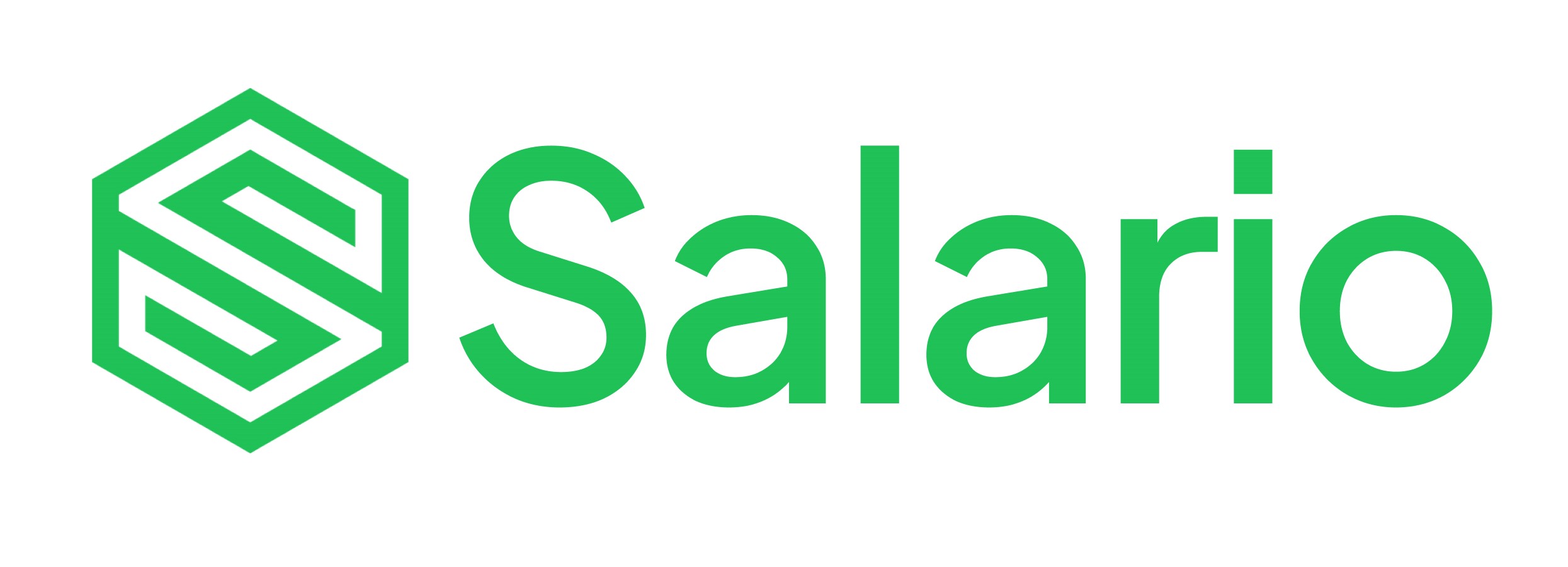
A simple distinction or explanation might be sufficient to tell the difference between Human Resources and Payroll, but it definitely would not tell the whole story. Human resources often points to the team that handles everything concerning other staff within a company, including payroll, which primarily covers the disbursement of salaries, benefits, and more.
There are companies that separate both roles while others combine them in one department. For small businesses this is a functional approach, but knowledge on what both concepts entail and how they intersect can drastically improve your business process and how you apportion roles in your company.
What is Human Resources?
Human resources often refers to the department or team in a company, organization, or institution that manages the employment process, including finding, recruiting, and onboarding of a new employee, the employee relationship after employment, including training, dispute resolution, departmental rotation, benefit and salary payouts, and taxes, and the offboarding process, including final severance packages, signing out of company profiles and retrieving necessary company assets.

In really small businesses, these tasks are usually covered by a single person, the company’s founder, and the larger the company, the larger the team that manages human resources. It goes without saying that this department is vital for successfully running any company.
What functions do they carry out?
Now that we know what human resources do, what functions do they carry out in the company that makes them indispensable?
Recruitment and Hiring:
HR manages the entire process of bringing new talent into the company. This involves writing job descriptions, screening applicants, conducting interviews, and extending offers. A good hiring process means finding qualified candidates and those who fit the company culture. Hiring the right people directly impacts a company’s success and work environment.
Onboarding:
The first days at a new job are crucial. HR guarantees that new hires feel welcomed and educated through orientation events, introductions, and basic training. When done right, onboarding may significantly affect how quickly new employees become active team members and feel secure in their positions.
Employee Training and Development:
HR does more than just hire people; it supports their development. It ensures that workers have the skills they need to do well by giving them initial training and ongoing growth programs. These might involve technical know-how, leadership development, or even mentoring initiatives. Making expansion investments depends on long-term performance and staff retention.
Performance Management:
HR plays a crucial role in managing how employee performance is measured and rewarded. This includes setting clear expectations, conducting performance reviews, and giving constructive feedback. A sound performance management system ensures that employees know where they stand and have the opportunity to improve and grow within the company.
Employee Relations:
Keeping the peace and maintaining positive relationships in the workplace is no small feat. HR often steps in to mediate disputes, resolve conflicts, and foster a healthy work environment. Whether dealing with interpersonal issues or company-wide challenges, HR ensures employees feel heard and supported.
Benefits and Compensation:
HR is responsible for ensuring employees are compensated fairly through salaries and Benefits like health insurance, paid leave, and bonuses. A competitive benefits package often attracts and retains top talent, making this function vital to a company’s overall success.
Legal Compliance:
One of HR’s core responsibilities is navigating the maze of employment laws. From ensuring a workplace free from discrimination to adhering to health and safety standards, HR ensures that the company follows all relevant laws. Compliance isn’t just about avoiding fines—it’s about fostering an ethical and respectful work environment.
What is payroll?
Payroll often refers to the management of employee details regarding the payment of their salaries, benefits, tax deductions, and other financial responsibilities in the company. It is usually driven by the need to ensure that all employees are paid on time and accurately.

Payroll involves tasks such as calculating off days, overtime, paid holidays, health benefits, and more. It is usually carried out by members of the HR department and is a large part of their duties. In some cases, it forms a separate department due to the importance of this responsibility. It could be easily managed with the help of payroll management systems dedicated to this task.
How does payroll function?
While payroll might be a part of human resources in many cases, it does have a function that can help it stand alone.
Salary Disbursement:
Ensuring employees get paid on time sounds simple, but it’s a huge task. Payroll teams calculate how much each employee should be paid based on their contract, including overtime, bonuses, and deductions like loans or benefits. This function is essential to keep everyone happy and motivated because we all know how much a delayed paycheck can cause stress.
Tax Management:
Payroll ensures that all the necessary taxes are accurately deducted from employees’ salaries and filed with the government. It’s not just about numbers—getting this wrong can lead to legal trouble for the company and employee confusion, especially come tax season. Managing this well shows a company’s dedication to compliance and fairness.
Benefits Administration:
Health insurance, retirement plans, paid time off—these are all handled through payroll. Payroll ensures that employees get what they’re promised and that deductions for benefits are accurate. Whether enrolling in a healthcare plan or adjusting pension contributions, this function helps employees feel secure and valued.
Employee Records Maintenance:
Payroll doesn’t just send checks—it keeps detailed records of each employee’s work hours, leave days, tax forms, and payment history. These records are vital when an employee needs to verify their earnings or resolve any issues, and they are equally crucial for audits or future references.
Expense Reimbursement:
When employees spend their money on work—like travel expenses or office supplies—payroll ensures they get reimbursed. Timely and accurate reimbursement helps maintain trust and morale, showing that the company appreciates employees’ effort and personal investment.
Are there differences between Human Resources and Payroll management?

From a macro perspective, it is not a payroll vs. HR situation because payroll management is often part of the core duties of the HR department. However, there are situations, especially in large companies, where payroll management duties become large enough to stand independently and require a dedicated team. In such cases, the question of reporting might arise. Will the payroll department report to human resources or finance? While this might be a tricky matter to navigate, the answer should be both, or rather, all three departments have a role to play in the intersection between people and finance in the company.
What should you do for your business?
If you are a business owner, you are likely wondering at this point which route to take: separating your payroll functions from your general human resources department or keeping both as a single unit. There is this common phrase, “If it is not broken, don’t fix it,” which might just be what you need to hear. If your current system works and your employees are satisfied, then you may not need to make any changes. Although experimenting is a part of business that brings progress. You can easily make more findings from competitors and other businesses to see what works and supercharge your own team by implementing slight changes.
Regardless of the direction you intend to take, payroll management software can ease the burden off your human resource team and make payroll way more stress-free. Salario offers top-of-the-line payroll management software that allows your human resource team and payroll department to efficiently manage salary payments and benefits rollouts.
